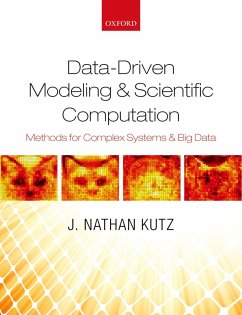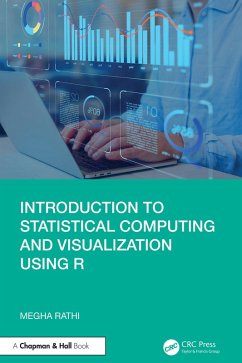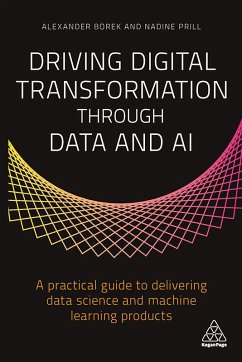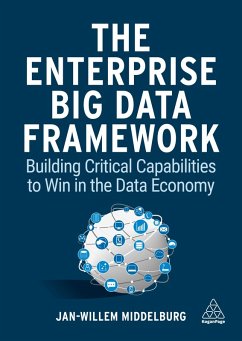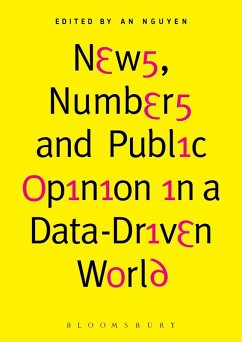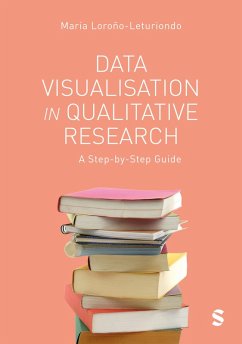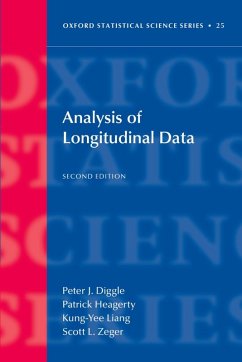
Data-Driven Modeling & Scientific Computation (eBook, ePUB)
Methods for Complex Systems & Big Data
Versandkostenfrei!
Sofort per Download lieferbar
32,95 €
inkl. MwSt.
Weitere Ausgaben:

PAYBACK Punkte
16 °P sammeln!
The burgeoning field of data analysis is expanding at an incredible pace due to the proliferation of data collection in almost every area of science. The enormous data sets now routinely encountered in the sciences provide an incentive to develop mathematical techniques and computational algorithms that help synthesize, interpret and give meaning to the data in the context of its scientific setting. A specific aim of this book is to integrate standard scientific computing methods with data analysis. By doing so, it brings together, in a self-consistent fashion, the key ideas from: · statistic...
The burgeoning field of data analysis is expanding at an incredible pace due to the proliferation of data collection in almost every area of science. The enormous data sets now routinely encountered in the sciences provide an incentive to develop mathematical techniques and computational algorithms that help synthesize, interpret and give meaning to the data in the context of its scientific setting. A specific aim of this book is to integrate standard scientific computing methods with data analysis. By doing so, it brings together, in a self-consistent fashion, the key ideas from: · statistics, · time-frequency analysis, and · low-dimensional reductions The blend of these ideas provides meaningful insight into the data sets one is faced with in every scientific subject today, including those generated from complex dynamical systems. This is a particularly exciting field and much of the final part of the book is driven by intuitive examples from it, showing how the three areas can be used in combination to give critical insight into the fundamental workings of various problems. Data-Driven Modeling and Scientific Computation is a survey of practical numerical solution techniques for ordinary and partial differential equations as well as algorithms for data manipulation and analysis. Emphasis is on the implementation of numerical schemes to practical problems in the engineering, biological and physical sciences. An accessible introductory-to-advanced text, this book fully integrates MATLAB and its versatile and high-level programming functionality, while bringing together computational and data skills for both undergraduate and graduate students in scientific computing.
Dieser Download kann aus rechtlichen Gründen nur mit Rechnungsadresse in A, B, BG, CY, CZ, D, DK, EW, E, FIN, F, GR, HR, H, IRL, I, LT, L, LR, M, NL, PL, P, R, S, SLO, SK ausgeliefert werden.




